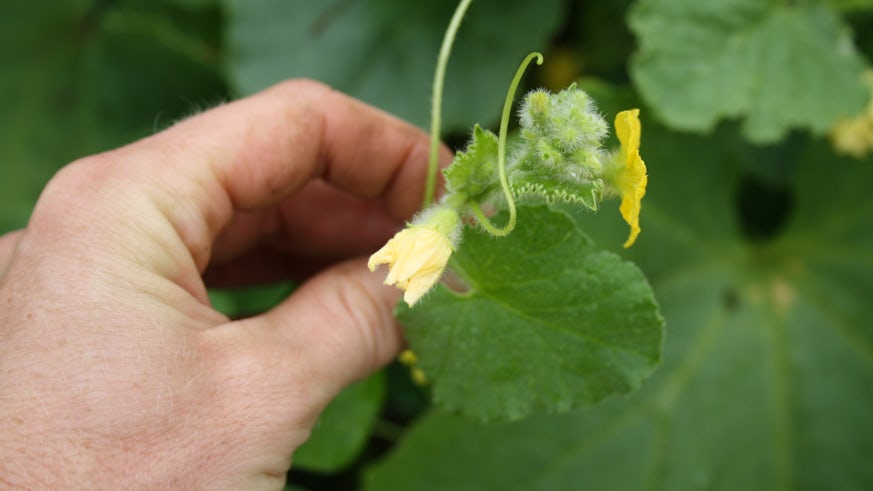Knowing to grow
15 January 2019

A new research project led by the Sustainable Places Research Institute focuses on knowledge and skills essential for growing and producing food, at a time of unprecedented pressures on these crucial dimensions of our food system.
As the UK moves out of the EU one of the challenges causing public and political concern is who will work to grow and pick fresh produce grown in the UK. The media has reported the risk of crops rotting in fields and on trees due to shortages of labour typically provided by overseas nationals and EU migrants. But this potential crisis is merely the short term manifestation of long term problems.
The agri-food industry has for more than a decade been reporting shortages of skilled people to work in horticulture, and challenged under-investment in research and development necessary to ensure the industry remains internationally competitive. A recent Parliamentary inquiry highlighted that data characterising the problem is inadequate, with government and stakeholders disagreeing about the sector's current reliance on seasonal and migrant labour.
The new project titled 'Knowing to Grow: Increasing the resilience of plant centred food production skills' is the first major UK based social science led project addressing these issues. Research will consider how to meet knowledge requirements for future food supply chains, focusing on the case of horticultural production. It will draw on international experiences and stakeholder expertise to inform strategies to enhance food security in Wales and beyond. Working with stakeholders, academics and policy makers it aims to reveal success factors required for a step-change in skills provision in Wales and beyond.
Lead researcher, Dr Hannah Pitt said "Knowledge and skills are really significant to ensuring the industry can continue to produce sufficient food, but these dimensions of resilience have not received much academic attention. By bringing together people from the industry, and researchers this project should bring a fresh perspective which will hopefully shape some innovative options for the future." She added "we're keen to involve stakeholders from the sector throughout the project, and look forward to collaborating with them".
The project will run for three years and is part-funded by Cardiff University and the European Regional Development Fund through the Welsh Government.
